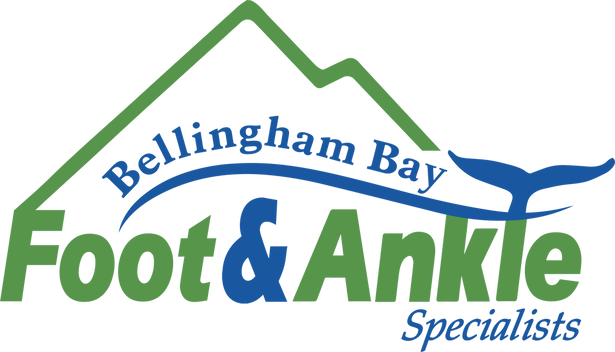What are Bunions?
A bunion, also known as hallux valgus, is a bony bump that forms at the base of the big toe. It occurs when the joint at the base of the toe becomes misaligned, causing the big toe to point inward toward the other toes. This misalignment can result in pain, inflammation, and difficulty walking or wearing certain types of shoes.
Causes of Bunions:
Common Non-Surgical Treatments:
The Importance of Choosing an Experienced Bunion Surgeon:
Dr. Plyler has a deep understanding of the underlying mechanics involved in bunion formation and resolution. We are committed to providing comprehensive care, personalized treatment plans, and utilizing advanced surgical techniques to help you find relief from bunion pain and restore the functionality of your foot.
Contact us today to schedule a consultation and take the first step toward bunion relief! (360) 733-3710
A bunion, also known as hallux valgus, is a bony bump that forms at the base of the big toe. It occurs when the joint at the base of the toe becomes misaligned, causing the big toe to point inward toward the other toes. This misalignment can result in pain, inflammation, and difficulty walking or wearing certain types of shoes.
Causes of Bunions:
- Hereditary factors: Bunions can be hereditary and may run in families. If your parents or close relatives have bunions, you may be more prone to developing them.
- Foot structure: Certain foot types, such as having flat feet or low arches, can increase the risk of developing bunions. These foot structures can contribute to an imbalance of forces in the foot, leading to bunion formation.
- Improper footwear: Wearing tight, narrow, or high-heeled shoes can put excessive pressure on the toes and contribute to the development or progression of bunions.
Common Non-Surgical Treatments:
- Footwear modifications: Wearing roomy, comfortable shoes with a wide toe box can alleviate pressure on the bunion and provide relief. Avoid tight or narrow footwear that can exacerbate symptoms.
- Orthotic devices: Custom-made or over-the-counter shoe inserts, such as bunion pads or splints, can help realign the foot and reduce discomfort.
- Pain management: Over-the-counter pain relievers, such as nonsteroidal anti-inflammatory drugs (NSAIDs), can help reduce pain and inflammation associated with bunions. Consult with your healthcare provider before taking any medication.
- Physical therapy: Specific exercises and stretches can help improve the strength and flexibility of the foot and ankle muscles, relieving bunion-related pain and preventing further deformity.
The Importance of Choosing an Experienced Bunion Surgeon:
- Expertise in bunion surgery: Bunion surgery is a complex procedure that requires specialized knowledge and skills. Choosing a surgeon with extensive experience in performing bunion surgeries ensures that you are in the hands of a qualified professional who has successfully treated numerous patients.
- Understanding the underlying mechanics: A knowledgeable bunion surgeon understands the intricate mechanics of the foot and ankle. They can accurately assess the underlying cause of your bunion and develop a surgical plan tailored to your specific needs, aiming to correct the deformity and restore optimal foot function.
- Improved surgical outcomes: Experience in bunion surgery is associated with improved surgical outcomes, reduced risk of complications, and higher patient satisfaction. Surgeons with extensive experience are better equipped to address potential challenges during the procedure and achieve the desired results.
Dr. Plyler has a deep understanding of the underlying mechanics involved in bunion formation and resolution. We are committed to providing comprehensive care, personalized treatment plans, and utilizing advanced surgical techniques to help you find relief from bunion pain and restore the functionality of your foot.
Contact us today to schedule a consultation and take the first step toward bunion relief! (360) 733-3710
